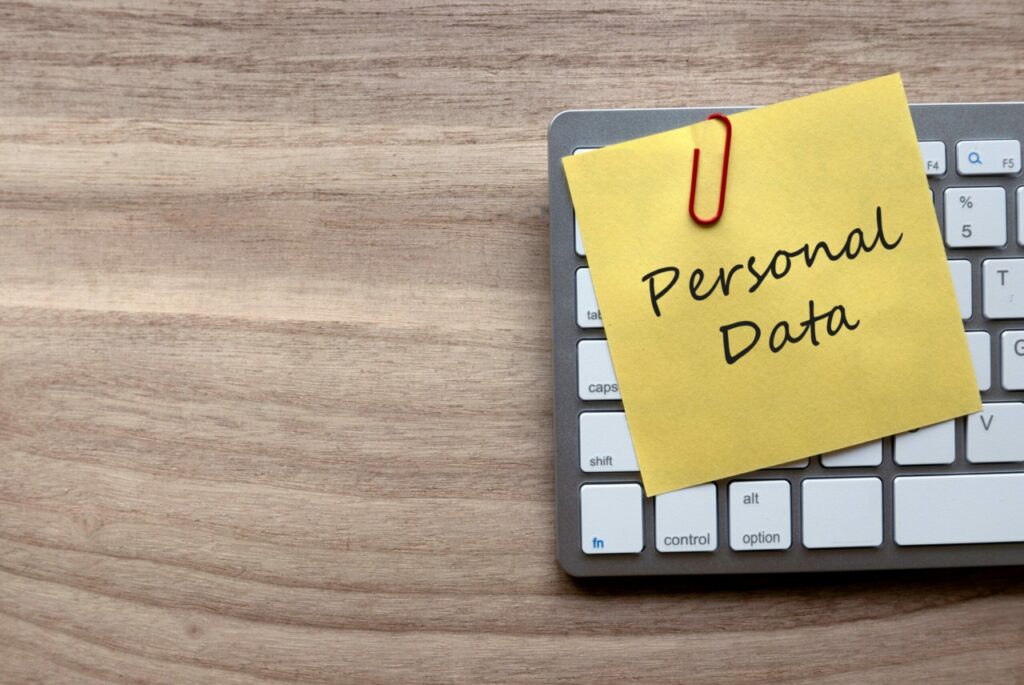
With January in full swing and February already right around the corner, businesses and
organizations everywhere are taking a break from making New Year's resolutions and focusing
on another important topic: data privacy and with it, cybersecurity.
It’s officially Data Privacy Week, and while cybersecurity should be a year-round focus, there's
no time like the present for you to step back and audit your privacy policies. In this article, we’ll
give you a data privacy crash course by covering 10 things everyone needs to know about it.
1. So…What is Data Privacy?
Data privacy refers to the protection of personal information collected and stored by companies
online. It generally covers topics like internet safety, securing passwords and private accounts,
using secure networks, as well as ensuring compliance with all relevant laws and regulations.
2. Why is Data Privacy Important?
Data privacy is important because it allows users to control who has access to their personal
information and how they use that information. It’s essential for all businesses as it helps build
trust with customers, protects companies from litigation, and shields against potential data
breaches or data misuse.
3. What Laws Protect Data Privacy?
While there isn’t one sweeping federal law to protect your data, there are numerous industry-
specific laws that protect your data. For example:
● The California Consumer Privacy Act (CCPA)
● Health Insurance Portability and Accountability Act (HIPAA)
● Payment Card Industry Data Security Standard (PCI DSS)
4. What Are Threats to Your Data?
The threats to your privacy can be broken into two categories: external threats and internal
threats. External threats come from outside sources such as hackers, malicious software, or
scams. Internal threats arise from within an organization due to negligence or a lack of security
protocols in place.
5. What Can You Do To Protect Your Online Privacy?
Here are some simple steps you can take today to better protect your online privacy:
● Use strong passwords and enable Two-Factor Authentication (2FA) wherever possible
● Set up secure networks for both home and work use
● Read the consent clauses of any websites or apps you use
● Avoid clicking on links from unknown sources
● Enable mobile device encryption and secure backups
● Use a virtual private network (VPN)
● Utilize anti-malware or virus protection
6. Why Should You Stay Up to Date On The Latest Cases?
Keeping up with the latest data privacy cases is important because it can help you learn from
others’ mistakes, as well as develop better security protocols for your own organization. It’s also
a great way to stay informed about new regulations and best practices in order to ensure that
your business is compliant with applicable laws.
7. What is a Popular Data Privacy Topic Right Now?
TikTok: Heard of it? You might be tired of hearing about it because it seems like everyone is
using it. TikTok has been in the news a lot for privacy infractions—a good reminder that we
should all be reading the agreements we sign.
In the most recent debacle, it was discovered that employees at a parent company, ByteDance,
were able to access the private data of American journalists on TikTok and view their locations.
It’s important to be aware of how current data mismanagement topics affect our personal
information and our national security at large.
8. Data Privacy and Data Security are Not the Same
Data privacy and data security are two different things, although they are related. Privacy
focuses on the user’s personal information and how it can be used; whereas, data security looks
at protecting that data from external threats like hackers or scams. Both of these topics need to
be addressed in order to maximize your online security.
9. Transparency Is Non-Negotiable
Companies should have a clear privacy policy that outlines the types of data collected and what
will be done with this data. Having an open dialogue between companies and customers can
help build trust and ensure everyone is on the same page when it comes to protecting personal
information.
10. Utilizing Professional IT Services for Data Privacy
Protecting your business and your customer’s data should be a priority and tackling it on your
own is impossible. Luckily, managed IT service providers offer an affordable solution to privacy
and security. Between their compliance expertise and cybersecurity solutions, you’ll be able to
conduct business without worrying about a data privacy breach.
With ITS Group’s suite of managed services, you can rest assured that your business is in good
hands. But you don’t have to take our word for it. You can talk to one of our experts! We’ll
assess your current infrastructure and offer personalized recommendations for improving your
data privacy and security policies.
